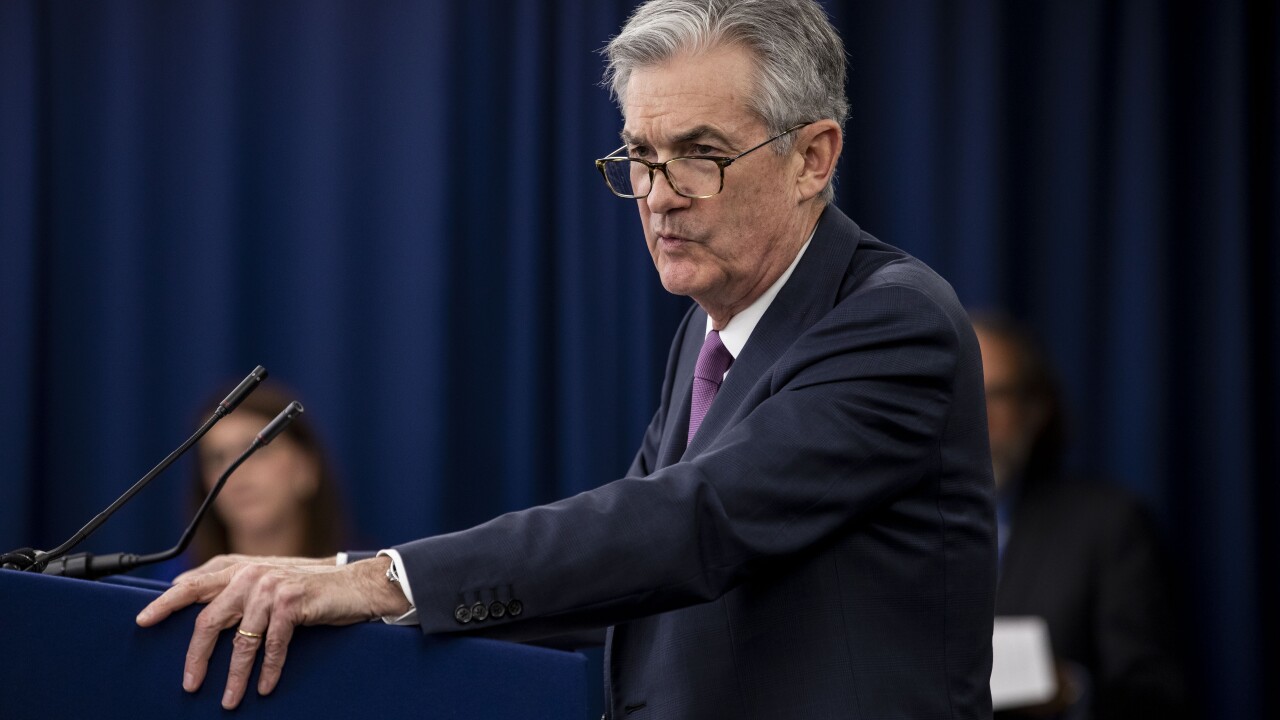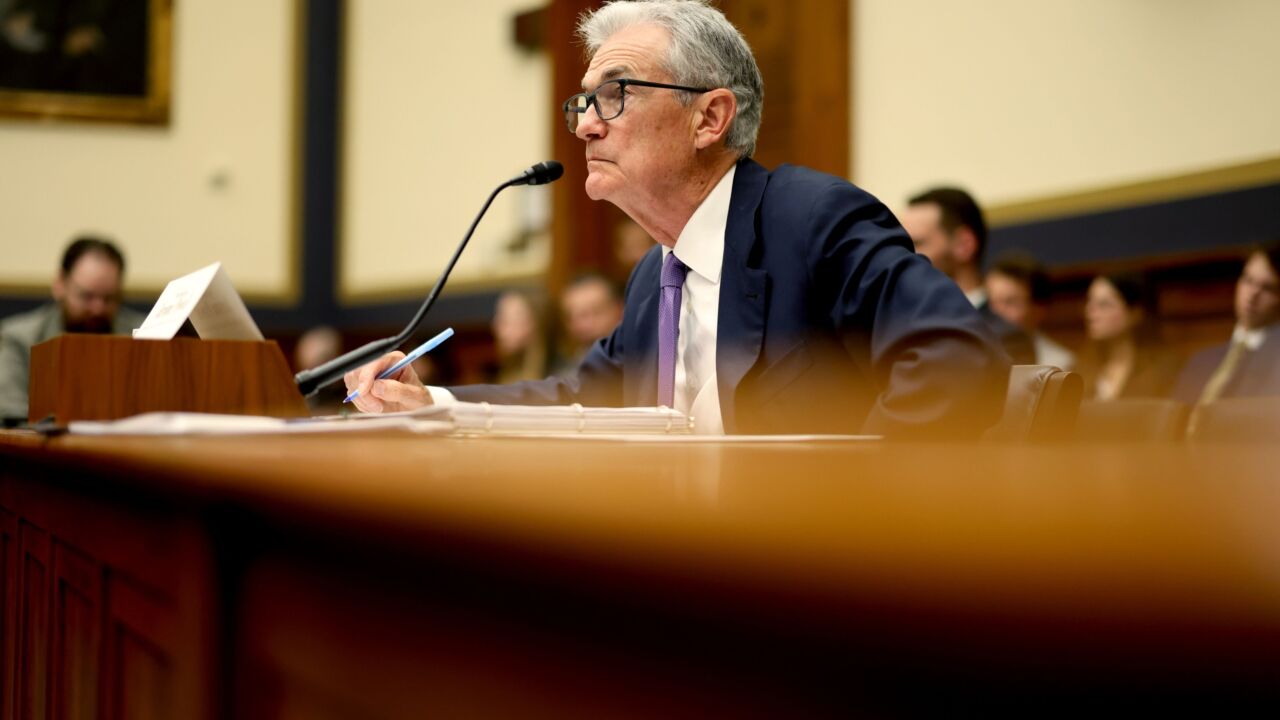-
A Government Accountability Office report warns the Office of the Comptroller of the Currency to clarify which records from the Basel Committee on Banking Supervision should be treated as federal records and thus retained according to the Federal Records Act.
January 29 -
A big part of the trouble with the RBC rule is that Ginnie Mae is essentially using its limited legal authority to qualify government issuers to impose sweeping changes on how IMBs operate writes the Chairman of Whalen Global Advisors.
October 25 Whalen Global Advisors LLC
Whalen Global Advisors LLC -
Europe's top finance ministers are questioning the U.S.'s commitment to the global capital standards. The mistrust could have consequences for international regulatory efforts.
October 8 -
The Federal Reserve chair said he supports the revised proposal outlined by Vice Chair for Supervision Michael Barr and said the new proposal would get a vote by the full Board of Governors early next year.
September 18 -
In congressional testimony, the Federal Reserve chair said the Board of Governors is processing the comments on its capital reform proposal. Putting forth an entirely new proposal is "very plausible."
March 6 -
Federal Reserve Gov. Michelle Bowman, a vocal opponent to the proposed risk capital rules for large banks, said she still sees a path forward for capital reform.
January 17 -
Federal Reserve Vice Chair for Supervision Michael Barr said feedback received will be incorporated into the final version of the capital reform rule.
January 9 -
Regulators will now accept feedback until Jan 16, 2024 — a six-week extension — concurrent with a Federal Reserve effort to gather additional information about the potential implications of the proposed capital changes.
October 20 -
Ginnie Mae has constructed a perfectly counter-cyclical capital regime that would crush the government loan market if left unaltered, the chair of Whalen Global Advisors writes.
September 6 Whalen Global Advisors LLC
Whalen Global Advisors LLC -
The GSEs began sharing their risk with the private market in new ways during conservatorship, and the Federal Housing Finance Agency’s proposed capital framework currently discourages the use of those strategies. Industry leaders voiced concerns in a FHFA listening session this week.
September 11 -
The Federal Housing Finance Agency's proposal could undermine the companies’ mission to support the housing market and penalize consumers in underserved communities, industry and consumer groups say.
September 8 -
The FHFA’s proposal is intended to strengthen Fannie Mae and Freddie Mac, but many experts warn that it could boost guarantee fees for lenders that they say may be passed on to borrowers.
June 8 -
Some observers wonder if proposed regulatory targets for Fannie Mae and Freddie Mac will stoke concerns about low shareholder returns. But others suggest those fears are unfounded.
May 25 -
The much-anticipated proposal, which would not go into effect until after Fannie Mae and Freddie Mac are privatized, reflects Director Mark Calabria’s aggressive efforts to get the companies on a strong financial footing.
May 20 -
And the government-sponsored enterprises could hold initial public offerings in 2021 or 2022 to ensure they hold adequate capital, FHFA Director Mark Calabria said.
November 13 -
The move to alter the government's preferred stock purchase agreements is the first major one under FHFA Director Mark Calabria's tenure to wind down the conservatorship of the government-sponsored enterprises.
September 30 -
During his time as Fed governor, chair-designate Jerome Powell has outlined his views on a host of bank regulatory matters, including the need for regulatory relief, the push for housing finance reform, blockchain and much more.
November 5














